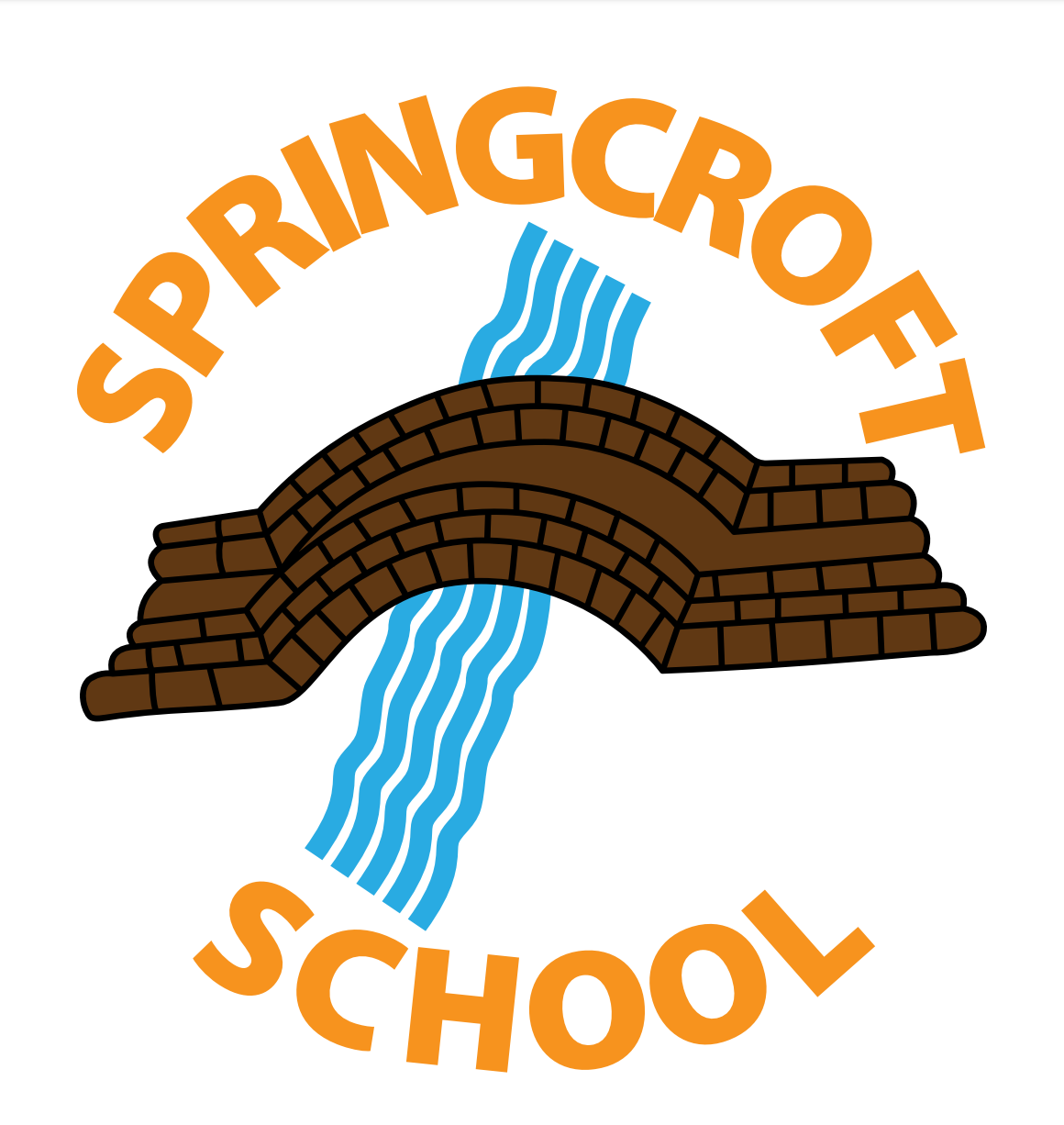RSE
Pupils speak confidently about respecting others and recognise everyone as equal. Pupils feel safe at school and attend regularly. They describe their school as ‘brilliant, kind and understanding’. – Ofsted, November 2022
Relationship and Sex Education (RSE)
At Springcroft we teach the Relationships and Sex Education (RSE) curriculum through the Jigsaw scheme of work. Our policy and scheme of work are reviewed annually by our governors and staff.
RSE is lifelong learning about relationships, emotions, different families, sex, sexuality, sexual health and looking after ourselves. RSE has a key part to play in the personal, social, moral and spiritual development of children. We want our children to have the appropriate knowledge in these areas and to be become confident individuals who have a positive body awareness and understand how to keep themselves safe and healthy. Through RSE our children will have a better understanding of a diverse range of people and families and through this understanding will form positive and respectful relationships and friendships with others.
Specific RSE content for each age group
| Age | |
| 4-5 |
Family life Making friends; falling out and making up; being a good friend Dealing with bullying Growing up -how have I changed from baby to now Bodies (NOT including names of sexual parts) Respecting my body and looking after it e.g. personal hygiene. |
| 5-6 |
Recognising bullying and how to deal with it Celebrating differences between people Making new friends; being a good friend; qualities as a friend and a person Belonging to a family Physical contact preferences People who help us Celebrating people who are special to me Life cycles – animal and human Changes in me; changes since being a baby Differences between female and male bodies (correct terminology: penis, vagina, testicles) Respecting my body and understand which parts are private. |
| 6-7 |
Assumptions and stereotypes about gender; gender diversity Understanding bullying; celebrating difference and remaining friends standing up for self and others Making new friends; friendship and conflict Learning with others; group co-operation; different types of family; Physical contact boundaries; appreciate that some parts of my body are private. Secrets (including those that might worry us) Trust and appreciation; expressing appreciation for special relationships Life cycles in nature; growing from young to old Increasing independence Differences in female and male bodies (correct terminology) Assertiveness |
| 7-8 |
Seeing things from others’ perspectives; Families and their differences; family conflict and how to manage it (child-centred) Witnessing bullying and how to solve it; homophobic bullying Recognising how words can be hurtful; giving and receiving compliment Respect for myself and others Healthy and safe choices Family roles and responsibilities; family stereotypes Friendship and negotiation Keeping safe online and who to go to for help Being aware of how my choices affect others Awareness of how other children have different lives Expressing appreciation for family and friends How babies grow; understanding a baby’s needs Outside body changes at puberty; inside body changes at puberty |
| 8-9 |
Challenging assumptions Judging by appearance Accepting self and others Understanding influences Understanding bullying including the role of the bystander Problem-solving in relationships Identifying how special and unique everyone is First impressions Working in a, group; celebrating contributions of others; group dynamics Healthier friendships Assertiveness; celebrating inner strength; Peer pressure Jealousy; Love and loss; memories of loved ones Getting on and falling out Girlfriends and boyfriends Showing appreciation to people and animals Being unique Having a baby (simple explanation of conception) Girls and puberty; boys and puberty Confidence in change; accepting change. |
| 9-10 |
Cultural differences and how they can cause conflict; racism; rumours and name-calling Types of bullying Enjoying and respecting other cultures; Body image; self-recognition and self-worth; building self-esteem; self and body image; influence of online and media on body image Safer online communities; rights and responsibilities online; online gaming and gambling; reducing screen time; dangers of online grooming; SMARRT internet safety rules Puberty for girls; puberty for boys Conception (including IVF) Growing responsibility; coping with change. |
| 10-11 |
Children’s universal rights Feeling welcome and valued; choices Consequences and rewards Democracy, having a voice; group dynamics Anti-social behaviour Role-modelling Perceptions of normality Understanding disability Understanding what transgender means Power struggles Understanding bullying Inclusion/exclusion Difference as conflict; difference as celebration Exploitation, including ‘county-lines’ and gang culture Love and loss; managing feelings Power and control; assertiveness Technology safety; responsibility with technology use Self-image, body image Puberty and feelings Conception to birth Reflections about change Physical attraction; boyfriends/girlfriends Respect and consent Sexting. |
-
-
-
-
-
-
-
-
Relationships Education, Relationships and Sex Education (RSE) and Health Education
Statutory guidance for governing bodies, proprietors, head teachers, principals, senior leadership teams, teachers
If you require further information about the content of RSE including a copy of the RSE policy and scheme of work please contact our school office. You are also welcome to view the materials used should you wish to.
Whilst we believe that our programme is very sensitive, parents do have the right to withdraw their child from aspects of the RSE curriculum. See the letter below.
